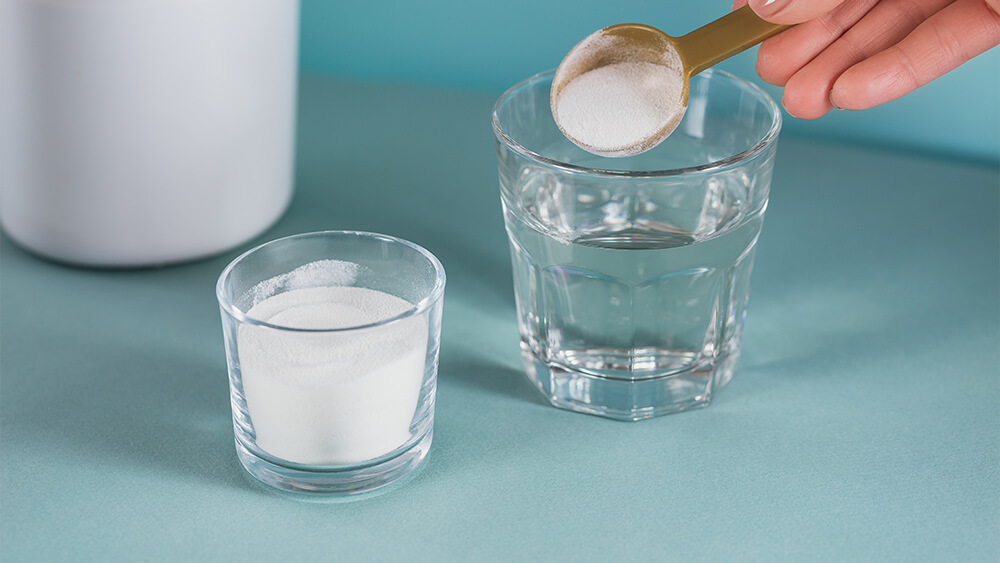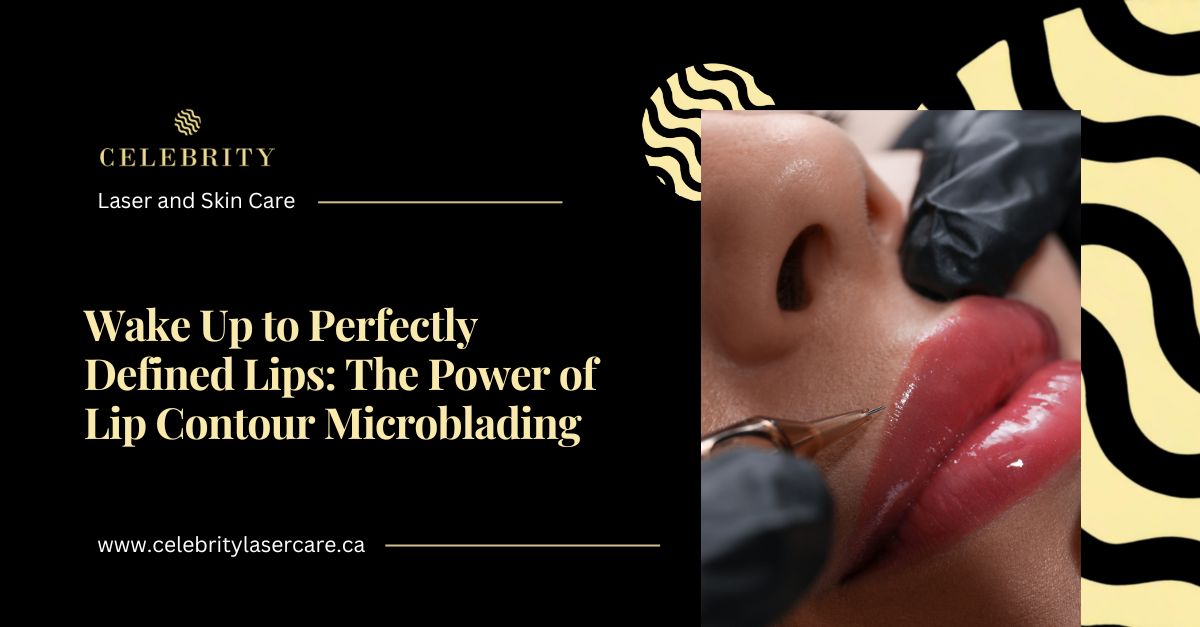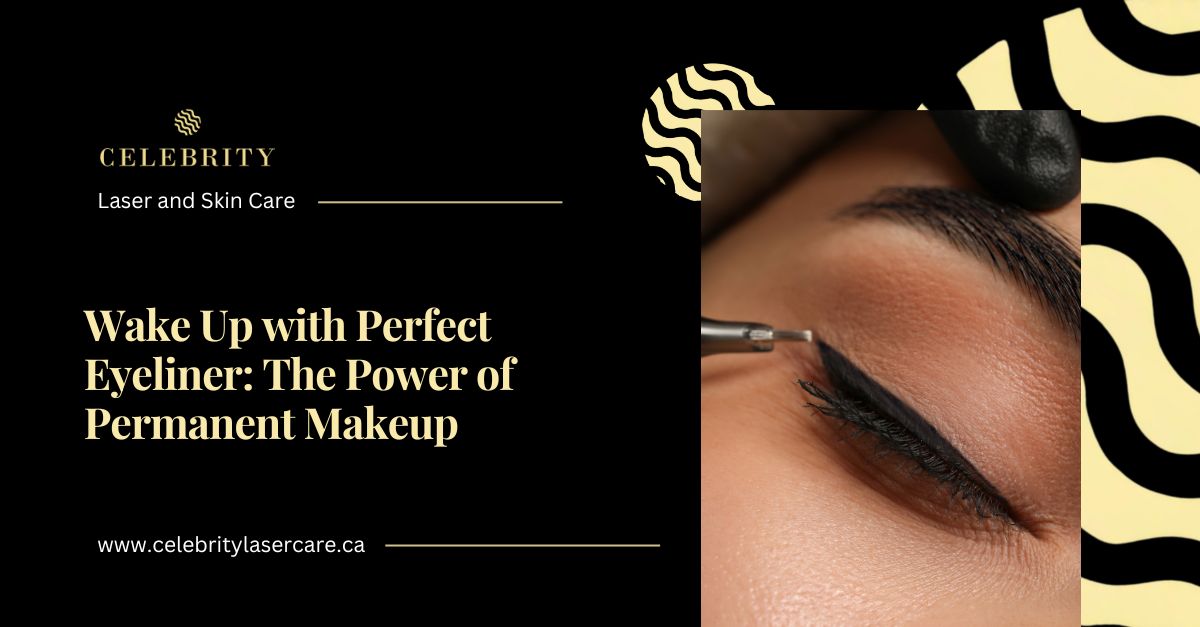Collagen is a protein that is required for the proper structure and function of your skin, bones, muscles, joints, and other tissues. It is your body’s most abundant protein, accounting for around 30% of total protein content. Collagen keeps your skin tight, supple, and nourished while also aiding in wound healing and tissue repair. However, as you get older, your collagen production and quality deteriorate. This causes aging symptoms such as wrinkles, drooping skin, dryness, and loss of elasticity. Do collagen supplements, however, actually work? Here are some of the advantages and disadvantages of using collagen supplements for your skin.
The advantages of collagen supplements for your skin
Collagen supplements may have some skin health benefits, according to certain research. Here are a few examples:
Collagen supplements can increase skin hydration
A 2019 evaluation of 11 trials discovered that oral collagen supplementation enhanced skin hydration and elasticity much more than a placebo. The scientists hypothesized that collagen peptides could increase the creation of hyaluronic acid, a chemical that helps the skin maintain moisture.

Collagen supplements can decrease wrinkles and fine lines
A 2014 study including 69 women aged 35-55 years discovered that taking a collagen supplement for 8 weeks reduced the number of eye wrinkles by 20% when compared to a placebo.
Collagen supplements offer protection against UV rays
A 2015 study including 114 women between the ages of 45 and 65 discovered that taking a collagen supplement for 8 weeks improved skin elasticity, roughness, and density. Matrix metalloproteinases (MMPs), enzymes that break down collagen and elastin in reaction to UV exposure, were also lowered by the supplement.
The drawbacks of collagen supplements
Despite these possible advantages, collagen supplements have some disadvantages and adverse effects to be cautious of. Here are a few examples:
Collagen supplements may not be properly absorbed by your body
When you take collagen supplements, your digestive enzymes break them down into amino acids. These amino acids are subsequently absorbed into your bloodstream and transported to numerous tissues throughout your body. There is no certainty, however, that these amino acids will reach your skin or be used to make new collagen.
Collagen supplements may trigger allergic responses
Collagen supplements are made from animal sources like fish, poultry, or beef. If you are allergic to any of these animals or their products, taking collagen supplements may cause allergic symptoms such as itching, swelling, or hives. Furthermore, due to the high protein content of collagen supplements or probable contamination, some people may develop digestive difficulties such as bloating, gas, or diarrhea after taking them.

Skin-care clinic in Vancouver
Collagen supplements are popular items that claim to improve the health and appearance of your skin by increasing collagen levels. However, if you are more interested in skin treatments and looking for a competent and dependable clinic that provides advanced skin care procedures such as Limelight, Aviclear, or Morpheus 8, you might consider Celebrity Laser Care, a laser and skin care clinic in Vancouver. we have a staff of professional and trained aestheticians who can assist you in reaching your skin objectives through individualized and effective treatments.






